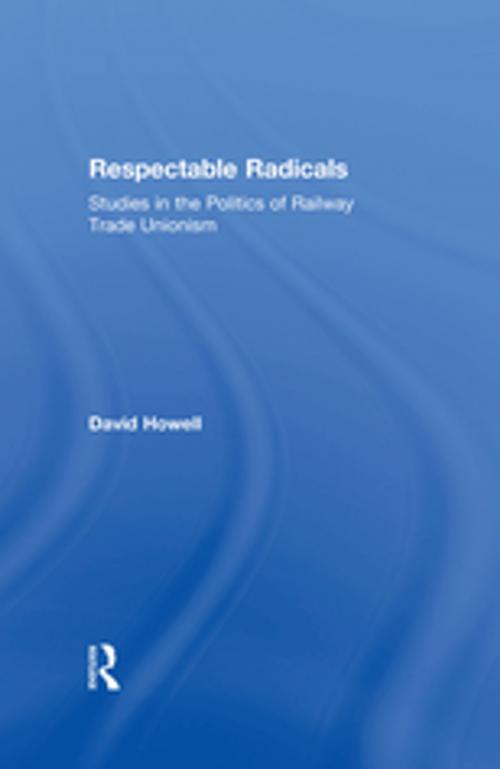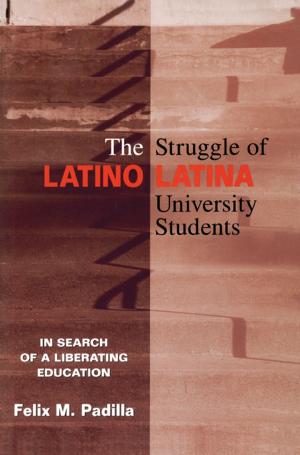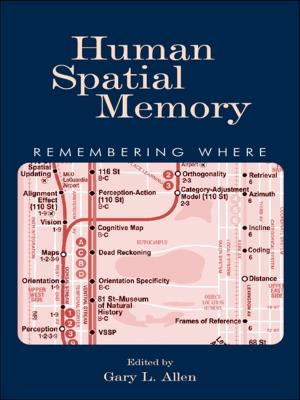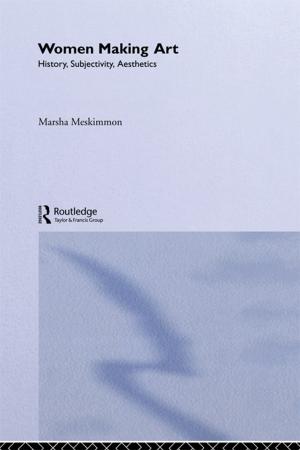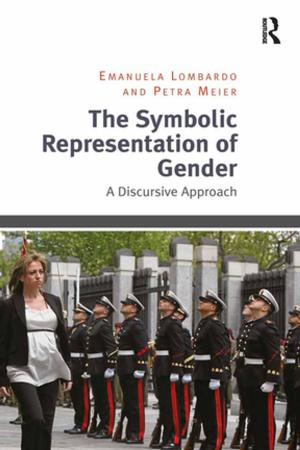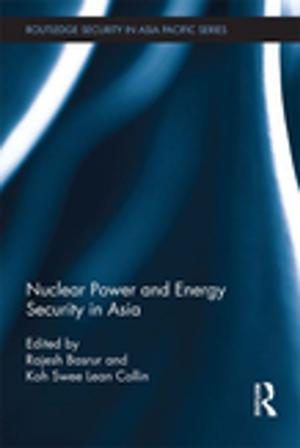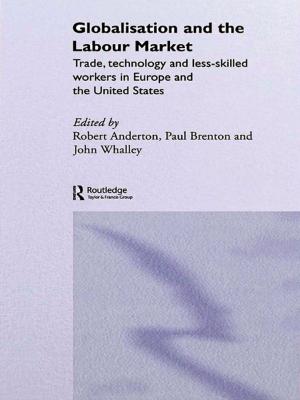| Author: | David Howell | ISBN: | 9781351903769 |
| Publisher: | Taylor and Francis | Publication: | March 2, 2017 |
| Imprint: | Routledge | Language: | English |
| Author: | David Howell |
| ISBN: | 9781351903769 |
| Publisher: | Taylor and Francis |
| Publication: | March 2, 2017 |
| Imprint: | Routledge |
| Language: | English |
Railway workers were a uniformed and respectable section of the Victorian and Edwardian working class. They built their trade unions in the face of employer hostility and their organisations played a crucial role in the construction of effective labour politics. Local political organisations owed much to the patience and creativity of railway workers, not least in small towns and country districts. Respectable Radicals uses rich archival sources to analyse this history through a series of case studies. It focuses, among other topics, on disasters, strikes, the modernisation policies of companies, inter-union rivalries and the promises and frustrations of labour politics. A dominant theme is the complex relationship between changing experiences of work, shifting trade union strategies and political identities. The result is a new perspective on a significant sector of trade unionism and on the character of labour politics from the 1890s to the 1950s.
Railway workers were a uniformed and respectable section of the Victorian and Edwardian working class. They built their trade unions in the face of employer hostility and their organisations played a crucial role in the construction of effective labour politics. Local political organisations owed much to the patience and creativity of railway workers, not least in small towns and country districts. Respectable Radicals uses rich archival sources to analyse this history through a series of case studies. It focuses, among other topics, on disasters, strikes, the modernisation policies of companies, inter-union rivalries and the promises and frustrations of labour politics. A dominant theme is the complex relationship between changing experiences of work, shifting trade union strategies and political identities. The result is a new perspective on a significant sector of trade unionism and on the character of labour politics from the 1890s to the 1950s.
